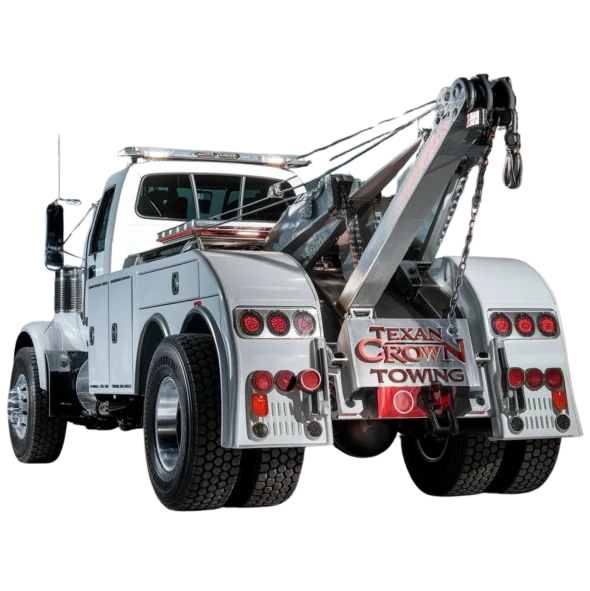DOT Inspections and FHWA Inspections in Texas
When it comes to operating commercial vehicles in Texas, safety and compliance are paramount. Businesses must meet federal and state standards to ensure their vehicles are roadworthy and safe for drivers, passengers, and other road users. Two key types of inspections—DOT Inspections and FHWA Inspections in Texas—are essential to achieving this. These inspections help identify potential issues, maintain vehicle safety, and reduce the risk of costly violations.
Whether you’re managing a fleet of heavy-duty trucks or a single commercial vehicle, understanding the importance of DOT and FHWA inspections is critical for staying compliant with safety regulations and ensuring a safer Texas highway system. Partnering with a trusted towing company can also be a valuable resource for addressing emergencies and ensuring your vehicles are promptly transported for repairs or inspections.
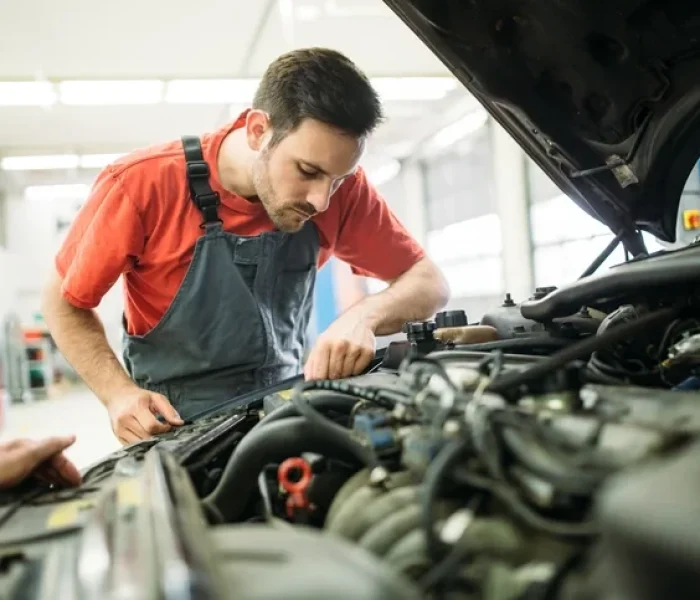
What Are DOT and FHWA Inspections?
DOT Inspections
DOT (Department of Transportation) inspections involve a thorough examination of commercial vehicles. These inspections ensure that trucks, trailers, and other commercial vehicles meet federal safety standards. Inspectors focus on critical components, including:
- Brakes: Ensuring braking systems are functional and effective.
- Lights: Checking headlights, brake lights, and indicators for proper operation.
- Tires: Inspecting tread depth, pressure, and overall condition.
- Steering and Suspension Systems: Verifying that these systems are in good working order.
FHWA Inspections
FHWA (Federal Highway Administration) inspections, on the other hand, often go a step further. While they also cover vehicle safety, they include additional checks for compliance with regulations such as:
- Load Securement: Ensuring cargo is properly secured to prevent accidents.
- Driver Qualifications: Reviewing driver credentials, including licenses and certifications.
- Hours of Service: Verifying that drivers adhere to limits on driving time to prevent fatigue-related accidents.
Both inspections are integral to ensuring vehicles remain safe and efficient while adhering to federal and state transportation laws.
Why Regular DOT and FHWA Inspections Matter
1. Ensure Safety on the Road
Texas has one of the busiest highway networks in the country. Regular inspections help identify potential safety issues, such as faulty brakes or worn-out tires, that could lead to accidents.
2. Avoid Costly Violations
Non-compliance with DOT or FHWA regulations can result in fines, vehicle impoundments, or even suspension of operating authority. Regular inspections help prevent such penalties.
3. Extend Vehicle Lifespan
By addressing mechanical issues early, regular inspections can prevent costly repairs and extend the lifespan of your vehicles.
4. Boost Business Reputation
A well-maintained fleet signals professionalism and reliability, improving customer trust and business reputation.
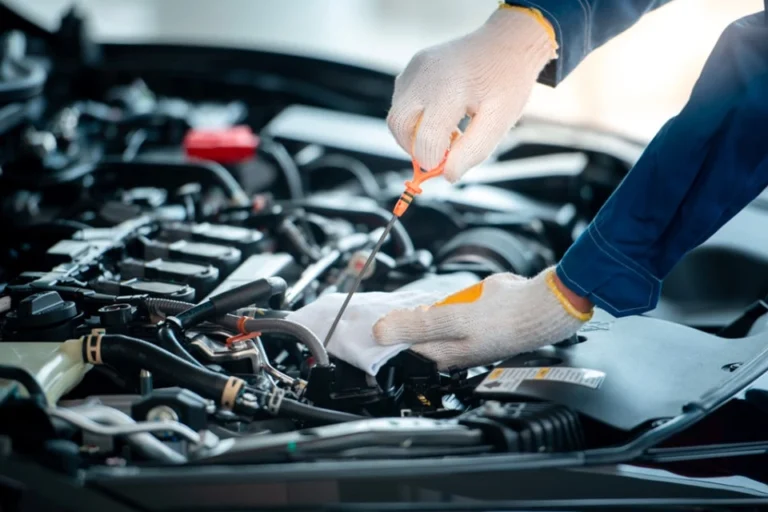
What to Expect During DOT and FHWA Inspections?
DOT Inspection Levels
DOT inspections are classified into six levels, ranging from basic driver and vehicle checks to in-depth examinations. Here’s an overview:
- Level I: Full inspection of driver and vehicle.
- Level II: Walk-around inspection (less comprehensive).
- Level III: Driver-only inspection (logs, credentials, etc.).
- Level IV: Special checks (specific to a complaint or issue).
- Level V: Vehicle-only inspection (without a driver present).
- Level VI: Inspections for radioactive shipments.
FHWA Inspections
These inspections often align with DOT standards but may include additional checks specific to interstate commercial operations, such as cargo securement protocols and driver work-hour audits.
How to Prepare for Inspections
1. Conduct Pre-Trip Inspections
Train drivers to perform pre-trip checks to identify potential issues, such as underinflated tires or faulty lights.
2. Schedule Regular Maintenance
Adhering to a maintenance schedule ensures your vehicles remain in good condition year-round.
3. Keep Documentation Organized
Ensure driver logs, licenses, and vehicle repair records are readily available and up-to-date.
4. Partner with Inspection Experts
Working with professionals who understand Texas-specific requirements can streamline the process and improve compliance rates.
Why Choose Us for DOT Inspections and FHWA Inspections in Texas
As a trusted provider of DOT Inspections and FHWA Inspections in Texas, we offer end-to-end solutions tailored to meet the needs of your business. Here’s why businesses rely on us:
Skilled Technicians
Our team of certified inspectors has years of experience in the commercial transportation industry. They’re trained to identify potential issues quickly and accurately.
Comprehensive Pre-Inspection Services
We conduct thorough pre-inspections to prepare your vehicles for official audits, minimizing the risk of failed inspections.
High-Quality Tools and Equipment
We use advanced diagnostic tools and equipment to ensure precise inspections and repairs.
Fast Towing Services for Emergencies
If your vehicle experiences issues on the road, we provide fast towing services to bring it to our facility for immediate repairs and inspections.
Additional Services We Offer
In addition to DOT and FHWA inspections, we provide a range of services to keep your fleet running efficiently:
- Accident removal
- Flat tire changes
- Flatbed towing services
- Heavy-duty towing
- Jumpstart battery services
- Recovery services
- Roadside assistance
- Trailer repair and maintenance.
Key Benefits of Partnering With Us
Improved Fleet Safety
With our inspections, your vehicles meet or exceed federal and state safety standards.
Reduced Downtime
Our efficient processes minimize the time your vehicles spend off the road.
Long-Term Savings
By addressing potential issues early, we help you avoid costly repairs and fines.
Expert Compliance Guidance
Our team stays updated on the latest DOT and FHWA regulations, ensuring your fleet remains compliant.
The Importance of Staying Proactive
Ignoring inspections or delaying repairs can lead to severe consequences, including accidents, fines, or even loss of business licenses. Staying proactive with regular DOT and FHWA inspections ensures your vehicles are always road-ready.
FAQs About DOT Inspections and FHWA Inspections in Texas
1. What is the difference between DOT and FHWA inspections?
DOT inspections focus on the overall safety of commercial vehicles, examining key components like brakes, tires, and lights. FHWA inspections are more detailed, often covering additional areas like cargo securement, driver qualifications, and hours-of-service compliance.
2. How often should DOT and FHWA inspections be performed?
DOT inspections are mandatory annually for most commercial vehicles. However, regular pre-inspections and maintenance checks are recommended to ensure compliance and avoid potential issues.
3. What happens if my vehicle fails a DOT inspection?
If your vehicle fails a DOT inspection, it may be taken out of service until necessary repairs are made. To avoid this, it’s best to conduct pre-inspections and address any issues beforehand.
4. Can I prepare for a DOT or FHWA inspection on my own?
Yes, you can prepare by conducting regular vehicle maintenance, ensuring all safety components are in good condition, and keeping driver logs and paperwork up-to-date. Working with an inspection expert can also help you identify and resolve any potential issues before the official audit.
5. Do you provide fast towing services for vehicles that fail inspections?
Yes, we offer fast towing services to transport vehicles to our facility for immediate repairs and pre-inspection checks, ensuring you’re back on the road quickly.




